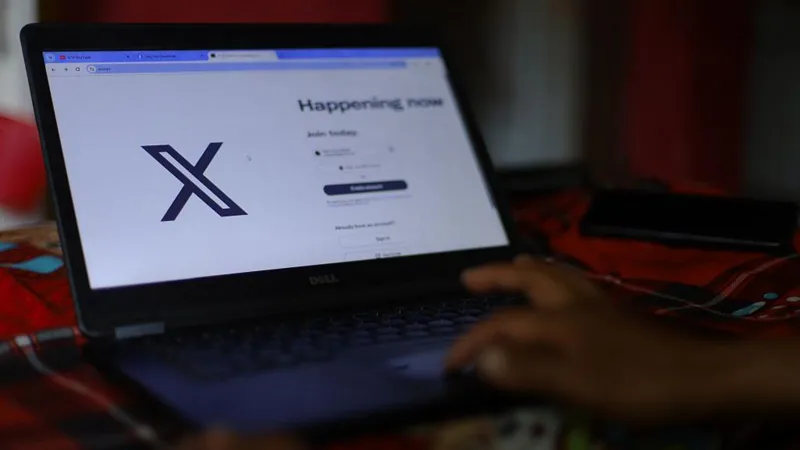
An Indian court has dismissed a case filed by Elon Musk’s X against a government portal that it had argued was being used to arbitrarily censor content on the platform.
A single-judge bench of the Karnataka High Court ruled that X’s challenge against the Sahyog portal, run by the federal home ministry, was “without merit”. The full order has not been made public yet.
X has not said whether it will appeal against the order.
Wednesday’s dismissal marks the second case in just over two years that X has lost while challenging the Indian government’s powers to block or take down content, leaving free speech and digital rights experts worried. X is estimated to have around 25 million users in India.
Technology policy researcher Prateek Waghre told the BBC that the order was “worrisome” and “legitimised the act of various government agencies directly sending takedown orders to social media companies”. He added that the “full import” of the order could only be known once the judgement was made public.
X’s lawyer told the BBC that the company did not want to comment right now. The BBC has reached out to India’s home and information technology ministries for comment.
The social media platform filed the case in March against Sahyog, which describes itself as a tool to automate the process of sending government notices to content intermediaries such as X and Facebook.
While other American tech giants such as Google, Amazon and Meta joined Sahyog after it was launched last year, X had refused to do so. In its petition, X called Sahyog a “censorship portal” which, it argued, allowed officials to issue content takedown orders by sidestepping rules which mandate them to give opportunities for hearings and for decisions to be reviewed.
This, it said, allowed “countless” government officers, including “tens of thousands of local police officers”, to “unilaterally and arbitrarily” issue orders for content removal. A lawyer for X in July described this as “every Tom, Dick, and Harry officer [being] authorised [to do so]”, a remark objected to by the government’s counsel.
If social media intermediaries do not comply with the orders within 36 hours, they risk losing their intermediary status and safe harbour protection – which exempts intermediaries from being held liable for the content hosted on their platform.
The Indian government had defended Sahyog, saying that it was necessary due to the “growing volume of unlawful and harmful content” on social media. It added that the portal was not meant for issuing blocking orders but for merely informing an intermediary that it was hosting unlawful content.

The Karnataka judge, while dismissing the challenge on Wednesday, said that social media could not be “left in a state of anarchic freedom” and that “regulation is a must”. It also termed the Sahyog portal a “public good”.
The judge also said that while X “chooses to follow” takedown orders in the United States, it “refuses to follow…similar takedown orders” in India.
The judge was referring to the Take It Down Act passed by the US earlier this year, which criminalises posting “intimate images” – real or AI-generated – online without an individual’s consent and requires technology companies to remove the content within 48 hours. X has said it supports the act.
At the time X filed its petition, digital rights experts had told the BBC that the Sahyog portal had led to “a wholesale increase in censorship”.
Court filings showed that various government authorities had directly asked for social media websites to remove a host of content – from videos of a crush in Delhi in which 18 people died to content “harming the reputation of prominent public figures” such as the prime minister and the home minister.
Over the years, X has been the only social media platform to challenge the Indian government’s content blocking mechanisms, which several legal experts describe as opaque and arbitrary.
In 2022, before Musk bought the company, X was the first platform to challenge several orders to take down tweets and block accounts. A year later, the Karnataka High Court ruled against the social media company and imposed a fine of 5m rupees ($56,000; £42,000) for a delay in complying with the order.
X’s appeal against this order is pending in court.